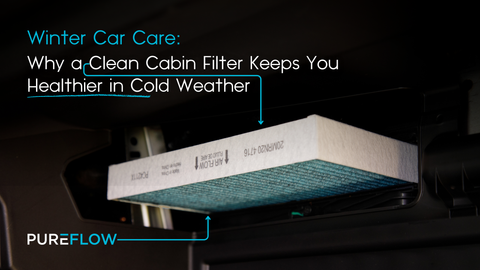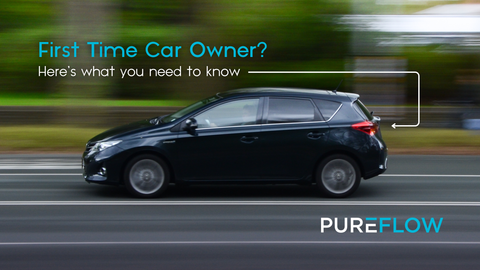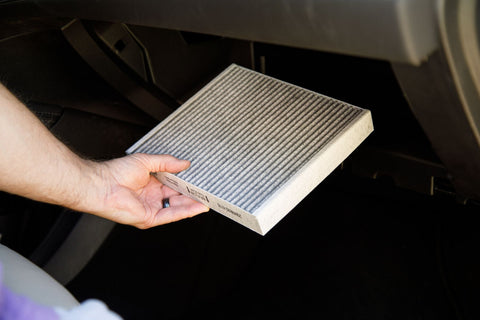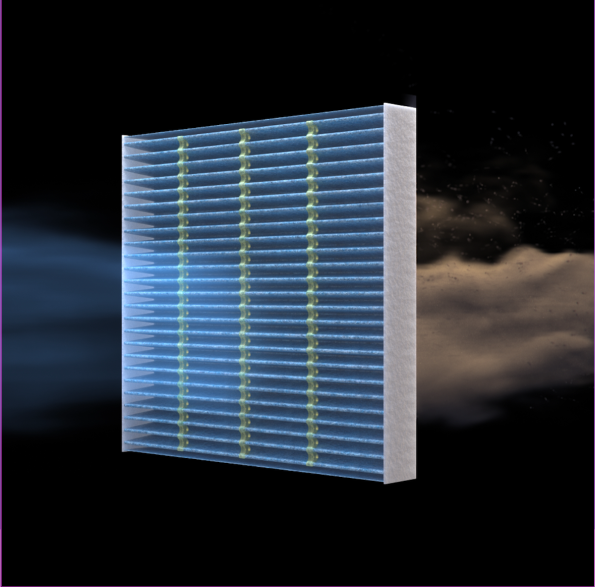The car market has been bustling with EV’s lately, as consumers become more aware of the environmental challenges ahead. Almost all manufacturers have EVs either in their line-up or in the production pipeline.
Though the rise in Electric Vehicles' numbers on the road is entirely dependent on the electric infrastructure, experts claim that in less than ten years, 50% of the vehicles on road would be EVs. Not only are pure EV manufacturers like Tesla and Rivian in this game. Mainstream vehicle manufacturers like Ford, General Motors, and many other brands have invested millions of dollars to develop and produce EVs on a large scale.

If automobile manufacturers weren’t enough, large tech companies like Foxconn and Sony have joined the EV bandwagon by presenting their prototypes at the Consumer Electronics Show. Sony's President says that given the brand’s experience in imaging, sensing, cloud, and 5G technology, Sony is well-positioned to redefine mobility. That is a huge claim, especially when considering the rate at which technology is evolving.
Despite the Covid Pandemic, the demand for EVs saw a rise across the world in 2020 when compared to 2019. In the USA, EV sales saw a 200% increase between the second quarter of 2020 and the second quarter of 2021. But the growth in EVs hasn’t been uniform across all regions.
Looking closely at the geographic distribution of EV registrations, one can understand that the rise of EV sales has primarily been in regions with high population density and metropolitan areas. For example, 42% of EV registrations in the USA were in California. Considering the rate of population growth, it is no wonder that the majority of the world governments look forward to going fully electric between 2030 and 2040.
Thanks to the advancement in science and technology that has helped spread awareness of the problems we face at a global level, citizens are able to make the right decisions and choices that benefit all. From carmakers, tech companies to entertainment brands and consumers- It is as if the whole world has come together to battle global warming and pollution.
Tesla’s contribution towards a greener future

Air pollution from diesel and gasoline emissions kill millions of people each year across the world. To tackle this menace, cars will require high-quality cabin air filters that prevent harmful particles from entering the cabin. Tesla has not only been ahead in terms of tech, but has also been the first car company to equip its cars with a high-grade cabin air filter. The Tesla Model 3 is the first car in the world to use a High-Efficiency Particulate Air Filter or HEPA cabin air filter, which is the best in blocking particulate matter.
A HEPA cabin air filter prevents dust, pollen, pet dander, and other contaminants from entering the cabin. A HEPA cabin filter can block 99.97% of the particles, and thus minimises the chances of catching an infection or getting sick from air pollution. Tesla recommends owners to replace HEPA cabin filters once every two years.

As the world moves forward to a greener, healthier, and electric future, a cabin air filter might seem like a small proposition to consider. However, if a big EV company like Tesla has taken it seriously by being the first to make it available in a car, then it might be something important to consider. Small things do make a big difference, especially in a time when we still battle through pollution, respiratory issues, and other challenges that are particularly amplified in developing countries.
Tesla has been responsible enough by aiming it’s focus on many little things that make life simpler, thus paving an ideal path for other Electric Vehicle companies to follow. Until then, the EV potential remains untapped and making the switch from something ordinary to something better can only be possible when people get together to make a collective difference for the benefit of every being.
The future does however look brighter than before because EVs made up 3% of the total car market in 2021-this when the infrastructure viability is still taking baby steps. Mainstream car manufacturers like Ford have begun the transformation in a big way by halting the production of many vehicles that were operational through internal combustion engines. The Ford Mustang EV and the upcoming Ford F-150 Lightning EV, that has already reserved more than 200,000 orders, are all set to be the torchbearers of this big transformation.
Would you switch to an EV in the near future?

















































